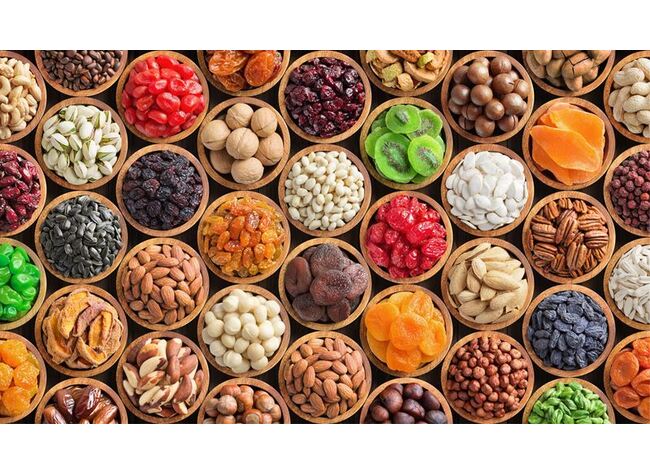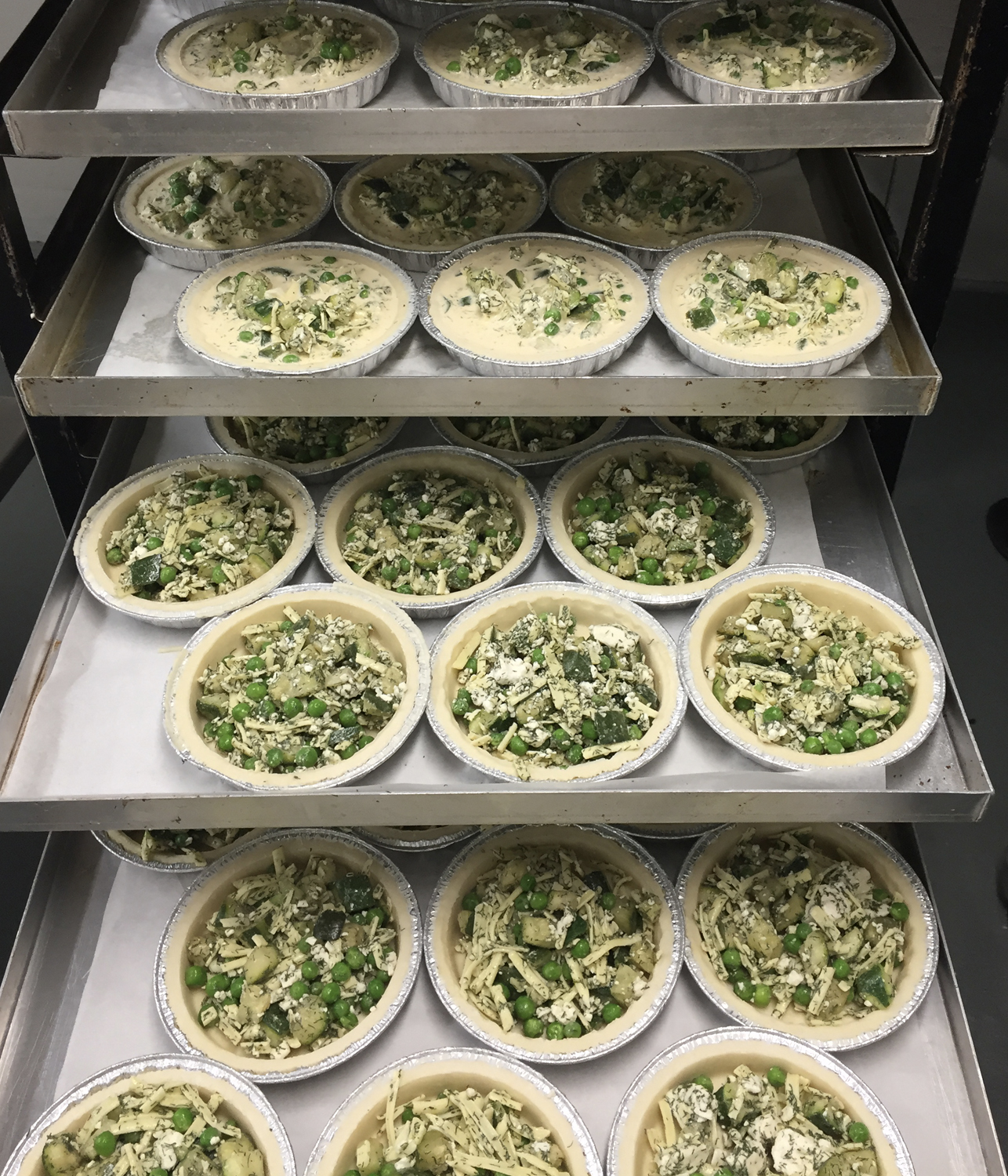Introduction
Food security is a critical facet of contract food manufacturing in Australia. With the growing need for ease as well as ready-to-eat products, contract food makers play a vital duty in generating safe as well as top notch foodstuff. In this write-up, we will certainly discover the regulations as well as guidelines that regulate contract food manufacturing in Australia, guaranteeing that consumers can trust the items they purchase.
Understanding Contract Food Manufacturing
Contract food production entails contracting out the manufacturing of foodstuff to a specialized maker. This enables business to focus on various other elements of their organization while making sure that their products are created according to industry requirements. These suppliers have specialized centers, tools, as well as knowledge to satisfy the details needs of different food products.
What is Contract Food Manufacturing?
Contract food production describes the process of employing a third-party supplier to generate food products in support of a business. The agreement manufacturer looks after various stages of production, including sourcing active ingredients, handling, product packaging, labeling, as well as even distribution. This plan permits firms to scale up their production without purchasing additional framework or manpower.

Benefits of Contract Food Manufacturing
Cost Performance: By contracting out manufacturing to a contract supplier, companies can save on expenses related to infrastructure, equipment, labor, and regulatory compliance. Expertise and also Specialization: Contract manufacturers have considerable expertise and experience in generating particular kinds of foodstuff, making sure high quality and also consistency. Scalability: As demand for a product increases, agreement makers can swiftly scale up manufacturing without disruptions. Focus on Core Competencies: Companies can focus on advertising, sales, and also product development while leaving the production procedure to experts. Access to New Markets: Contract producers commonly have developed distribution networks that can help companies increase their reach into new markets.Australian Regulations for Contract Food Manufacturing
Australia has strict guidelines as well as standards in position to make sure the safety and also high quality of food. Contract food manufacturers must abide by these guidelines to operate lawfully and meet customer expectations.

Food Safety Specifications Australia
Food Safety And Security Standards Australia (FSSA) sets out the regulative requirements for the production, handling, and handling of food in Australia. These criteria cover numerous aspects, including hygiene techniques, handling of allergens, labeling requirements, and also traceability of active ingredients. Contract food manufacturers should follow these criteria to make certain the security as well as honesty of their products.
Good Manufacturing Practices (GMP)
Good Manufacturing Practices (GMP) are a set of guidelines that lay out the minimal needs for the manufacturing contract food manufacturing procedure. These practices cover areas such as center style, equipment upkeep, employees hygiene, item screening, and quality control. Adhering to GMP makes sure that food are created in a clean and also controlled atmosphere, reducing the risk of contamination.
Food Classifying Needs in Australia
Accurate and clear labeling is vital to inform consumers about the material as well as prospective irritants present in a food. The Australian Food Criteria Code lays out particular requirements for labeling, consisting of mandatory details such as ingredients listing, irritant affirmations, dietary information panel, and native land labeling. Agreement food producers need to make certain that their products are labeled properly to abide by these regulations.

HACCP (Risk Analysis Crucial Control Factor)
Hazard Evaluation Critical Control Point (HACCP) is a systematic technique to determining and managing prospective threats in the food production process. This preventative system consists of determining potential dangers, establishing essential control factors, keeping an eye on procedures, restorative actions, verification activities, as well as record-keeping. HACCP plays a vital role in making sure the safety of food products by determining as well as reducing risks at each phase of production.
Quality Guarantee Programs
Quality assurance programs play a crucial duty in preserving constant high quality throughout various batches of foodstuff. These programs involve normal screening and analysis of resources, completed items, as well as ecological problems to ensure conformity with quality standards. Agreement food makers typically have durable quality assurance programs in place to satisfy the expectations of their customers and governing bodies.
Food Security Audits
Regular food security audits are carried out by regulative bodies to examine the conformity of agreement food producers with pertinent guidelines and guidelines. These audits assess numerous facets, including facility cleanliness, employees hygiene methods, record-keeping, devices maintenance, and adherence to HACCP concepts. Agreement food suppliers need to go through these audits to demonstrate their commitment to generating secure and also high-quality food products.
Compliance with International Standards
In enhancement to Australian guidelines, contract food suppliers may likewise need to adhere to worldwide standards relying on their target audience. International requirements such as ISO 22000 (Food Security Administration System) and BRC Global Standard for Food Safety supply extra frameworks for guaranteeing food security as well as top quality. Following these requirements can boost the reputation of contract food suppliers and open up possibilities for exporting their products.
FAQs about Contract Food Manufacturing in Australia
What is contract food manufacturing?- Contract food production describes outsourcing the manufacturing of foodstuff to a specialized manufacturer.
- Companies choose contract food manufacturing for price efficiency, expertise, scalability, concentrate on core proficiencies, and access to brand-new markets.
- The policies include Food Safety and security Specification Australia (FSSA), Good Production Practices (GMP), Food Labeling Demands, HACCP, Quality Assurance Programs, and Food Security Audits.
- Contract food suppliers make certain security via compliance with policies, applying GMP methods, complying with HACCP principles, keeping quality control programs, and also undertaking regular audits.
- Yes, depending upon the target markets, agreement food suppliers might need to follow global standards such as ISO 22000 as well as BRC Global Criterion for Food Safety.
- Companies can analyze the top quality of agreement food makers through audits, qualifications, record, compliance with policies, and also online reputation in the industry.
Conclusion
Ensuring food security is of critical relevance in contract food manufacturing in Australia. By adhering to guidelines, executing ideal techniques, and keeping strenuous quality control actions, contract food producers can produce safe as well as top quality foodstuff. This not just constructs customer trust fund however also aids firms meet their company objectives. As the need for contract food manufacturing continues to increase, it is essential for both producers and also companies to stay upgraded with the most up to date guidelines as well as market fads to supply products that meet the highest standards of security and quality.